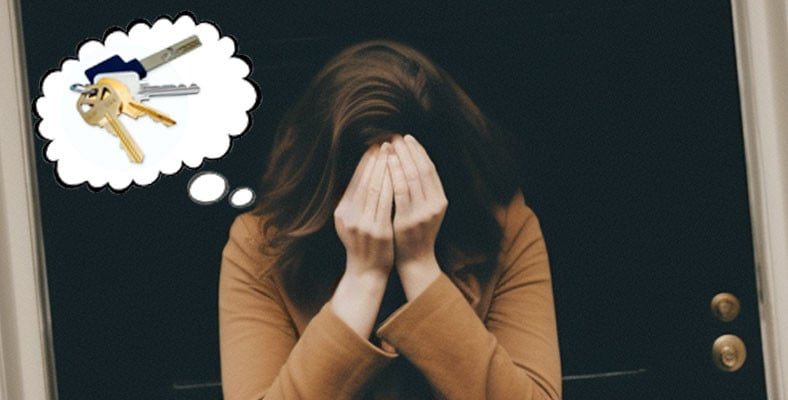If a memory contains events that never actually happened, it’s because of your wishes. According to a new study, this is effective enough to make you misremember where you put the phone you just left off.
Our expectations or desires have a great influence on what and how we remember. This issue has not been a scientific secret for many years, but Why do we have such false memories and memories? The issue is still not fully clarified.
Moreover, this does not only apply to complex events that we call “memory” and that usually appear in our long-term memory with a certain sequence of events. According to recent research at the University of Amsterdam, this problem is even for shorter and simpler matters even for our memory.
Our short-term memory is also shaped by what we expect to see, namely our wishes. Our expectations manipulate our memory even within 1-2 seconds:
According to the results of the research “short-term memory illusions” or its scientific abbreviation STM This phenomenon, which is called so-called, can cause us to remember something wrong even within seconds. The interaction we have with our environment, our perception, our psychological state, and the fact that we have never lived can cause false memories to be formed. Like remembering to put the phone on the table and finding it in the kitchen, or remembering to put the keys in your pocket and realizing that you left them at home…
PLOS This is how the results of the latest research in the scientific publication titled, address the problems of our daily and shorter-term memory. While it’s no secret that long-term memories are normally formed by expectations, this research shows that our expectations can even affect our short-term memory.
Let’s shed some more light on the subject for the curious:
Scientists conducted 4 different experiments to understand this situation. Participants in the first experiment a simple visual memory test They were subjected to: Mirrored versions of the sequence were shown, with 6 to 8 blocks of 1 or 2 letters arranged in a circle.
In the second experiment, a second set of circles came into play to distract the participants. Then the clusters in the first circle shown, sorting without cheating, and during sorting indicate how confident they are in their decision requested. Meanwhile, none of the participants knew that the circles were mirrored. However, in their responses, almost all participants said they were sure that the statements they remembered were not mirrored.
This showed that the participants’ memories were formed as a result of the experiences they had throughout their lives, not the visual quality of what they saw. In other words, participants who spent years with non-mirrored versions of letters in the alphabet created their mirrored versions in their minds as unmirrored.
Source :
https://www.independent.co.uk/news/science/human-memory-short-term-study-b2316791.html
